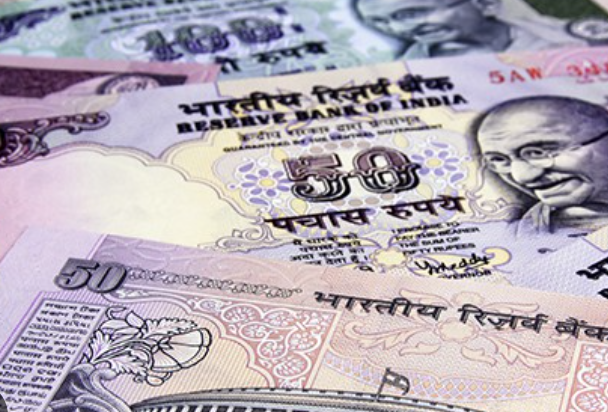$RENEW $SOLAR #RenewableEnergy #IndiaNews #CleanEnergy #Sustainability #EnergyTransition #ClimateAction #GreenPower #PowerPurchaseAgreements #StateGovernments #EnergyPolicy
Will Buying More Renewable Power Transform India’s Energy Future?
India news is heating up as the federal government engages in crucial discussions with state governments regarding the purchase of renewable energy sources. Pralhad Joshi, the Indian federal Minister of New and Renewable Energy, announced these talks on Monday during an energy conference. The focus is on encouraging state-held utilities to accelerate their acquisition of clean energy, which has been sluggish in recent months.
State utilities have been hesitant to make commitments to buy clean energy, largely due to expectations that power prices will decline further. This delay in purchasing has raised concerns, prompting the federal government to take action. Joshi emphasized that the government is keen to persuade state administrations to make the necessary investments in renewable energy, as the country aims to achieve its ambitious clean energy targets.
The first round of discussions has already taken place, and a second round is on the horizon. The urgency of these talks cannot be overstated; India has set a goal to reach 500 GW of non-fossil fuel capacity by 2030. Given the rising concerns over climate change and energy security, these negotiations represent a pivotal moment for India’s energy landscape.
The Role of State Governments in Energy Transition
State governments play an essential role in the energy transition, particularly in how they manage their local utilities. Their decisions will significantly impact the shift towards renewable sources. Currently, many state utilities hesitate to enter long-term power purchase agreements (PPAs) due to uncertainty around future pricing and market dynamics. This indecision could stall India’s progress toward its renewable energy goals.
Moreover, the federal government is aware that compelling state governments to act requires more than just persuasion. Financial incentives, regulatory frameworks, and a streamlined process for purchasing renewable energy must be in place. By creating a conducive environment, the federal government aims to eliminate barriers that have historically hindered clean energy adoption.
Potential Economic Implications
Investing in renewable energy could have far-reaching economic implications for India. Transitioning to cleaner power sources can potentially reduce reliance on imported fossil fuels, enhance energy security, and stimulate job creation in the renewable sector. Additionally, as global trends shift toward sustainability, India risks falling behind if it cannot adapt quickly.
Furthermore, these investments could position India as a leader in the global renewable energy market. By committing to renewable energy now, India can leverage its vast resources and workforce to become a hub for clean technology and innovation. This shift not only aligns with global climate goals but also opens up opportunities for international partnerships and investments.
Conclusion: A Path Forward
In summary, the ongoing discussions between India’s federal and state governments may serve as a catalyst for transforming the country’s energy landscape. The outcome of these talks will likely determine how swiftly India can transition to renewable sources. As state governments weigh their options, the pressure is on to act decisively.
The stakes are high, and the decisions made in the coming weeks will have lasting implications for India’s energy future. By investing in renewable energy today, India can pave the way for a more sustainable and economically viable tomorrow. For those interested in diving deeper into the intersection of energy and economics, consider exploring more about the latest trends in the energy sector.
For additional insights into stocks and market trends, check out our latest articles. And for those looking to invest in the growing cryptocurrency ecosystem, find out more about opportunities at Binance.











Comments are closed.